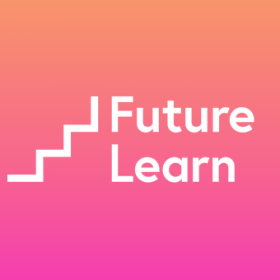Wednesday, 4th June 2014 – “Chemical Elements – Part 1″ – a joint effort by 6 of our members, each talking for 10 to 15 minutes about their chosen element. The line-up was:
Patsy Colvin setting the scene with a brief definition of an element, a bit of atomic theory and a tour around the periodic table, then on with the show, starring your very own…
Edmund Moynihan talking about Iron. A whizz through the history of iron taking in Soviet Art, the Romans, the industrial revolution, geology with a bit of biology to finish with.
Beryl Yates talking about Copper. Its history, its geology complete with samples to show: what more could you ask for!
Chris Procter talking about Phosphorus. From its discovery to its critical importance in biology and agriculture, everything you wanted to know.
Peter Croughan talking about Noble Gases Six elements at once, not so unreactive as you might think with much curious chemistry and many important technological applications
John Parsons talking about Chlorine A much maligned element, critical to modern hygiene. The world of Domestos revealed
Tony Edwards talking about Platinum Not just for jewelry, important in many areas of technology especially the glass industry. We learned some metallurgy from an expert.
Each of these has a story, and each of the presenters took a different tack. We heared some fascinating things about the discovery, chemistry, physical properties, uses and economic importance of each of these elements; and with seven of our own presenters, no one fell asleep!


